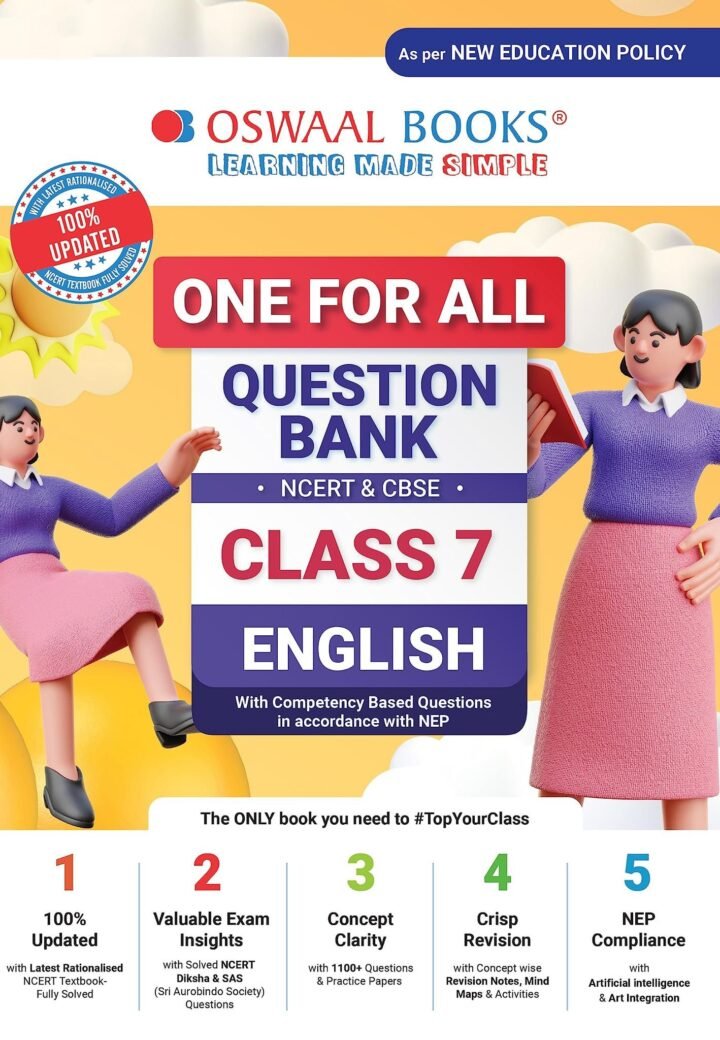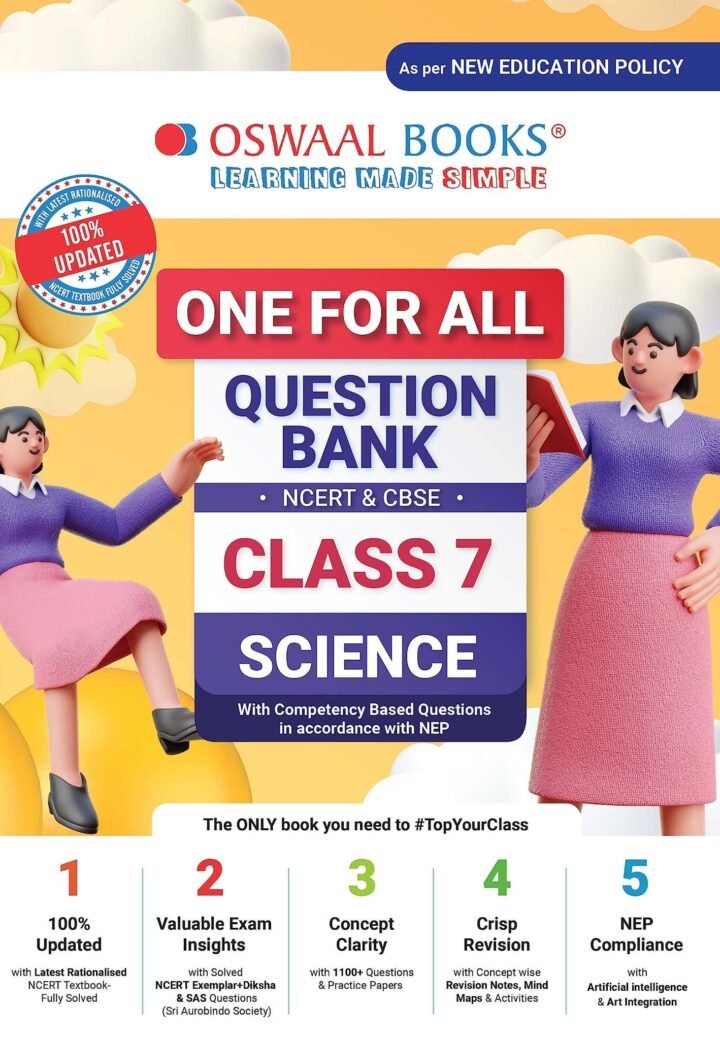-
-
-
-
-
-
-
-
-
-
-
-
-
-
-
-
-
-
-
-
-
-
Oswaal One For All Question Bank NCERT & CBSE, Class-7 English (For 2023-24 Exam) Oswaal Editorial Board
Original price was: ₹349.00.₹331.00Current price is: ₹331.00. -
Oswaal One For All Question Bank NCERT & CBSE, Class-7 Science (For 2023-24 Exam) Oswaal Editorial Board
Original price was: ₹299.00.₹248.00Current price is: ₹248.00.
Torrendo
© Copyright 2024. All Rights Reserved.
























